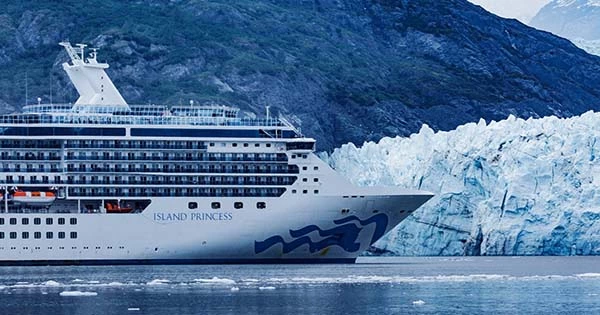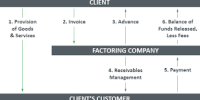Larry Page has had a philanthropic organization named after his late father for a long time, and he and Southworth both serve on its board of directors. Over the previous ten years, that foundation has provided hundreds of millions of dollars to donor-advised funds, which are tax-advantaged philanthropic organizations that aren’t obligated to reveal where the money goes. Furthermore, Oceankind is not a nonprofit organization, which is compelled to reveal its records every year in public IRS filings. Instead, Southworth set up Oceankind as a limited liability corporation (LLC), making it completely impenetrable to the public eye. As a result, it’s hard to say how much of Page’s Google riches, if any, has ended up at Oceankind.
However, no evidence of typical organizations or government institutions donating funding to Oceankind could be found in public records, according to TechCrunch. Southworth funds Oceankind and supports its executive director in directing the group, although spokesperson Nina Lagpacan did not reply to inquiries about the organization’s ultimate financial source. She did provide the following comment to TechCrunch: “At this time, Oceankind is not pursuing attention or conducting media interviews.”
Some philanthropy professionals are concerned about the lack of openness. “Is it appropriate to put this type of research in the hands of billionaires and have they be the financial drivers of it?” Stephen Gardiner, a philosophy professor at the University of Washington and author of A Perfect Moral Storm: The Ethical Tragedy of Climate Change, wonders. “I’m curious in the levels of responsibility in place, as well as the power they may have over what is done and how it is done.” Page and his family are said to have spent a lot of time in Fiji during the pandemic. Page was given residence in New Zealand last year, and one of his eVTOL firms, Wisk Aero, just completed flying testing there.
“I have no idea what Larry Page’s tastes are,” Gardiner admits. “However, if he supports some types of ocean manipulation but opposes others, it may affect the research agenda in ways that you wouldn’t see if programs were conducted via national scientific foundations or other organizations with greater accountability and political legitimacy.” On the other hand, Oceankind appears to be supporting worthwhile efforts that might otherwise stagnate. Oceankind donated $100,000 to SkyTruth, a nonprofit environmental watchdog that utilizes remote sensing data to discover and monitor dangers to the world’s natural resources, in 2021.
The funding were intended to aid in the implementation of Cerulean, a technology that traces oil slicks back to specific ships at sea. Using satellite data, machine learning, and human specialists, Cerulean positively identified 187 boats involved for purposeful oil slicks in its first year of operation. “I’m convinced the project would have occurred anyway because it’s a fantastic idea,” said SkyTruth president John Amos. “However, it’s difficult to tell whether we would have fleshed out this excellent idea as compellingly if we hadn’t received Oceankind’s backing.” As SkyTruth develops its oil slick tracking to a worldwide scale, Amos hopes that Oceankind will continue to support Cerulean. And it appears that the millionaires behind it will no longer be able to hide beneath the waves.
















